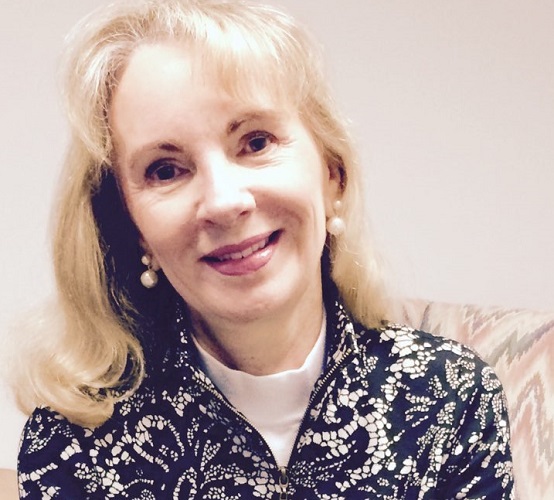- apearc's Blog
- Log in to post comments
The holidays can be overwhelming for any person. Schedule disruptions, extra activities, more visitors, a busted diet and lack of sleep — it’s a mix that can make even the healthiest person feel run-down.
Now imagine you are struggling with dementia.
The schedule changes cause more confusion for you. The extra activities, while well-intended, might be exhausting. Visitors are stressful when you think you should know them — but can’t remember for sure. The indulgent diet wreaks havoc on your digestive system, and, because you lack the ability to communicate that you’re tired, you become irritable.
Overstimulation is never a good thing for a dementia sufferer,
said Ingrid Parkhurst, center nurse coordinator for the Mount Vernon Adult Day Health Care Center. And the holidays are the cornucopia of overstimulation. The lights, the smells, the visitors, the lack of routine — it’s a minefield of cognitive and physical difficulty.
But it doesn’t have to be this way, according to Ingrid. Here are her tips for a joyful and light-filled holiday with loved ones who have dementia:
- Meet the dementia sufferer where they are in a given moment — and prep visitors to do the same:
Don’t expect Mom to suddenly remember Cousin Sue. Instead, remind Cousin Sue that Mom has dementia, and prep her for how to interact with Mom,
Ingrid said. This involves avoiding phrases like,Do you remember me?
and instead focusing on the environment of the moment with the conversation, for example, talking about the decorations or cooking. - Play music: Music can be therapeutic and soothing, especially nostalgic holiday music.
- Keep a routine:
Fatigue causes confusion. Ensuring your loved one is sleeping and getting proper rest will go a long way in keeping them clear for the holiday fun,
Ingrid says. She also recommends maintaining a consistent diet to prevent any digestive or additional bathrooming issues. - Stay home. But if you need to travel, make a realistic plan: Try to stay with family, but if you are at a hotel, be sure to brief staff on your loved one’s dementia diagnosis. Make sure your loved one has identification on them at all times.
- Keep one quiet space: Set aside a room where your loved one can retreat to when they are overwhelmed. Fill it with music and tactile materials like soft furs and fabrics. Keep visually interesting materials in the quiet space such as soft or glittering lights.
Above all, enjoy.
Do not isolate a person with dementia. Include them. Find the joy. No one knows what the next year will bring, so treasure your family time together.
—Ingrid Parkhurst, Center Nurse Coordinator, Mount Vernon Adult Day Health Care
For more information on activities to enjoy while at home for the holidays, watch this video where recreation therapist Isabel Castillejo gives ideas for incorporating your loved one into the holiday revelry.


